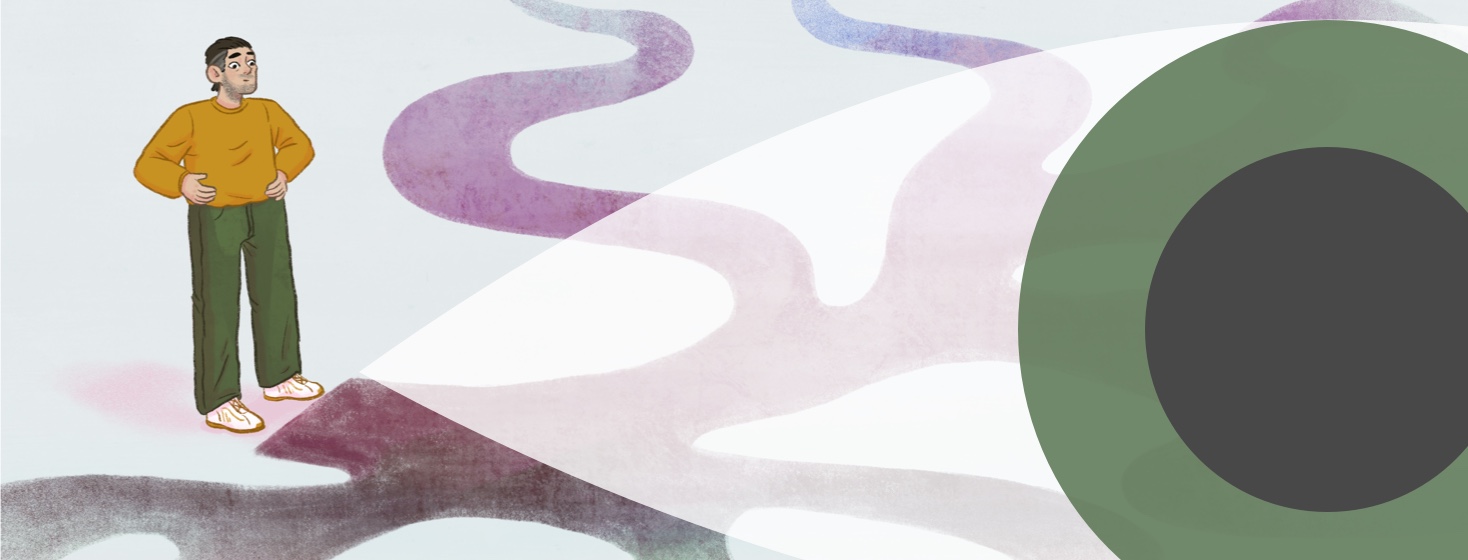My Thyroid Eye Disease Journey and How I Really Felt
Something that became apparent in my experience with thyroid eye disease (TED) is that other people’s journeys would not be the same as mine. In my head the road map was fairly clear - struggle during the active phase, proceed to the inactive phase, get treatment, and hopefully go back to normal.
But I learned that despite the things that many of us with thyroid eye disease share, every journey is incredibly different, and there is no one way that anyone is supposed to feel.
Feeling a mix of emotions while navigating thyroid eye disease
When I was at the most difficult point in my journey with thyroid eye disease, reading about post-surgery/treatment success stories made me feel hopeful. I would see photos on social media captioned with phrases like “xyz gave me my eyes and my life back!” I was happy for those people and hopeful that I could someday write a success story like that.
But with that hope also came sadness and disappointment. I spent many months focusing on a specific treatment. Unfortunately, the treatment just did not work for me at that stage in my journey/symptoms. It felt like a massive waste of time, and I continued to struggle. I could not help but be jealous of others who had that life-changing experience. It felt unfair. Why couldn’t it work for me, too?
My doctors and I decided that a series of surgeries would be the best path for me. I had two incredible surgeons who performed orbital decompression. One echoed things I had read online - “This surgery is life-changing!” My other doctor kindly told me that it would make things significantly better, but my eyes would not be exactly the same as they were before.
It was a sad realization when so many others seemed to say their eyes were back to normal post-surgery, but I am glad we had that discussion. I prepared myself for a more realistic expectation.
In the end, both doctors were right - it was life-changing, and my symptoms were significantly better, but it wasn’t the same. It’s okay for me to be both grateful and sad.
I often see people using the phrase “autoimmune disease warrior” online. If that resonates with you - that’s great, I’m glad! But for me, a warrior is the opposite of what I feel like. I don’t feel triumphant, I don’t feel brave or strong. I often feel exhausted, sad, and scared. I told a friend of mine recently, “I’m not a warrior, I’m just someone with a sh*tty autoimmune disease.” At least saying that out loud made me feel better.
Is there a way we are supposed to feel?
So how are we as individuals with thyroid eye disease supposed to feel? Both similar and completely different. Yes, we will share many things in common with each other, but all of our experiences and journeys are unique and different. And that’s difficult because we want to know what to expect at different stages. We want to know that everything will be okay. But hopefully, the more we each share our individual stories, the more we can see a broader picture of what we might expect.
When it comes to our emotions, we may not feel the way we expect we should. And that’s okay.

Join the conversation